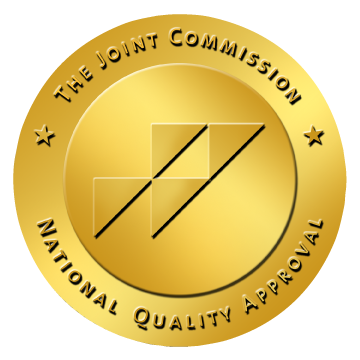Yes, alcohol use can make your depression worse. Experts caution anyone struggling with depression or another mental health condition to avoid using alcohol.
Although drinking a small amount of alcohol might make you feel better at first, any positive effects quickly decrease as you continue to drink. The more you drink, the more prone you are to deepening depression and the more likely you are to develop an alcohol use disorder, the clinical name for alcoholism.
Depression and alcohol use disorder (AUD) are the most commonly diagnosed co-occurring disorders. Experiencing both conditions at the same time heightens the severity of symptoms and increases the risk of suicidal thoughts and actions.
Although alcohol is a depressant, that does not mean it makes you feel more depressed. Alcohol is a depressant because it depresses, or slows down, the central nervous system (CNS), including functions of the brain and spinal cord. This slowing of the CNS is why alcohol may impair your movements, emotions, speech, perceptions, and judgment. If you consume too much alcohol, it can depress your CNS to the point of death.
Alcohol and other addictive substances affect the pleasure and reward center of the brain, triggering the release of chemicals that produce joy, euphoria, and a feeling of well-being. Because addictive substances raise the levels of “feel good” chemicals at a rate much higher than would occur naturally, they strongly reinforce the desire to repeat the experience.
Unfortunately, while alcohol may initially increase serotonin and dopamine, the brain adapts to the overload. From then on, the brain demands higher and higher levels to deliver the desired effect. The result is a cycle of increasingly heavier drinking as you seek to overcome worsening depression.
Continued use of alcohol, or even one instance of binge drinking, can damage certain brain functions. Long-term alcohol abuse not only worsens anxiety and depression but may also lead to liver disease, heart damage, and more.
Research has consistently found that drinking alcohol worsens depression in general and causes more frequent severe depressive episodes. But alcohol doesn’t just damage the brain’s ability to regulate moods.
Alcohol use may also:
If you are struggling with depression, you must reach out for help. Contact your physician or a mental health specialist for resources. If you are experiencing suicidal thoughts, contact the National Suicide Prevention Lifeline at 800-273-8255.
The New England Medical Group offers a holistic approach designed to help you get to the root cause of your depression so you can begin healing. If you struggle with depression and a co-occurring disorder like AUD, you can be confident our expert staff will address both issues during your treatment.
Our compassionate team proudly provides advanced therapy options to treat both substance abuse and mental health issues. We also offer medication-assisted treatment (MAT) to relieve withdrawal symptoms, decrease the risk of overdose, and provide overall support to the addiction recovery process.
Contact us today to learn more about our treatment programs, including telehealth options.
